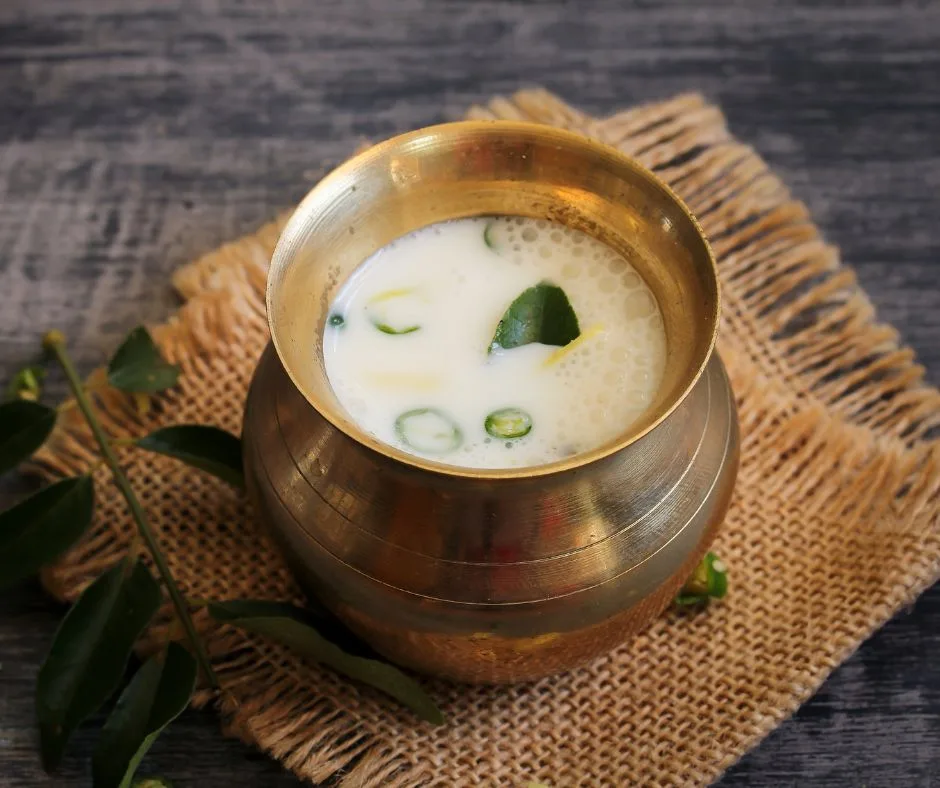Bajra, commonly known as pearl millet, is a staple grain in many parts of the world, particularly in India and Africa. It has gained recognition in recent years for its impressive nutritional profile and numerous health benefits. Rich in protein, dietary fiber, essential vitamins, and minerals, bajra serves as an excellent alternative to more commonly consumed grains like rice and wheat. This article will delve into the multifaceted nutritional information of bajra, its remarkable health benefits, and essential considerations for its consumption. By the end, you will have a comprehensive understanding of how incorporating bajra into your diet can contribute to overall wellness and vitality.
Nutritional Information of Bajra
When it comes to understanding bajra’s nutritional profile, examining its macronutrients and micronutrients provides invaluable insights. Every 100 grams of bajra contains:
- Protein: 10.96 g
- Total Fat: 5.43 g
- Dietary Fiber: 11.49 g
- Carbohydrates: 61.78 g
- Energy: 1456 joules
- Iron: 6.42 mg
- Calcium: 27.35 mg
- Sodium: 4.11 mg
- Potassium: 365 mg
- Zinc: 2.76 mg
This comprehensive nutritional profile reveals bajra’s potential as a powerhouse of energy and nutrition. The high protein content makes it a desirable option for vegetarians and vegans looking to boost their protein intake. Additionally, the considerable dietary fiber content is beneficial for digestive health, helping to maintain a healthy gut and regulate blood sugar levels. The carbohydrate content provides an excellent source of sustained energy, making bajra an ideal choice for individuals leading an active lifestyle.
Health Benefits of Bajra
Bajra’s diverse nutrient profile translates into a wealth of health benefits. Understanding these advantages can help you make informed dietary choices. Some of the notable health benefits of bajra include:
- Weight Management: The high dietary fiber content in bajra contributes to feelings of fullness and satiety, reducing overall calorie intake. This makes it an excellent choice for those looking to manage their weight effectively.
- Heart Health: Bajra is known to lower cholesterol levels and improve the overall health of the cardiovascular system. The presence of healthy fats and dietary fiber can aid in reducing the risk of heart disease.
- Bone Strength: The presence of calcium and other minerals in bajra supports bone health, making it beneficial for individuals of all ages. Consuming bajra can help strengthen bones and reduce the risk of osteoporosis.
- Diabetes Control: The complex carbohydrates in bajra have a lower glycemic index compared to other grains, making it a suitable option for individuals with diabetes. Bajra can help regulate blood sugar levels and improve insulin sensitivity.
- Digestive Health: The high fiber content of bajra aids in digestion and prevents constipation. Regular consumption can promote gut health and support healthy bowel movement.
Moreover, bajra is gluten-free, making it a safe grain option for individuals with gluten intolerance or celiac disease. Its versatility allows it to be incorporated into various dishes, from rotis to porridge, making it easy to include in your daily diet.
Things to Keep in Mind for Consumption
While bajra offers numerous health benefits, there are essential considerations to keep in mind when incorporating it into your diet:
- Portion Control: Despite its health benefits, it’s important not to overconsume bajra. As with any grain, moderation is key to effective weight management and balanced nutrition.
- Soaking and Cooking: To improve digestibility and nutrient absorption, consider soaking bajra before cooking. This can help reduce anti-nutritional factors and enhance the availability of nutrients.
- Variety in the Diet: While bajra is nutritious, it is essential to consume a variety of grains and foods to ensure adequate nutrition. Incorporating other grains like quinoa, brown rice, and whole wheat can provide a broader range of nutrients.
- Possible Allergens: Though rare, some individuals may have sensitivities to millet or may experience digestive discomfort. Start with small servings to assess tolerance.
- Storage Conditions: Store bajra in a cool, dry place to maintain its freshness and prevent spoilage. This helps preserve its nutritional properties and flavors.
By keeping these considerations in mind, you can effectively include bajra in your diet while maximizing its health benefits.
Conclusion
Bajra is a nutritional gem that deserves a prominent place in our diets. With its rich protein content, dietary fiber, vitamins, and minerals, it offers a multitude of health benefits, from weight management to improved digestive health. Additionally, its gluten-free nature makes it an accessible grain for many. However, to fully harness its advantages, it’s essential to consume bajra mindfully, ensuring variety and moderation in your overall diet. As you explore the benefits and culinary versatility of bajra, you’ll discover an ingredient that not only nourishes the body but also brings a unique flavor to your meals.
Axis Diet is dedicated to empowering individuals with knowledge and practical advice for healthier living. Our articles, grounded in research and expert insights, aim to simplify complex nutritional concepts, offering a comprehensive understanding of various aspects of diet and wellness. While these articles are informative and a great starting point for anyone looking to improve their health, they are for informational purposes only. For personalized, professional guidance tailored to your unique health needs, we encourage you to consult with Axis Diet’s registered dietitians. Reach out to us for expert personalized guidance on your nutritional journey.






[…] and Millets: Traditional grains like maize, bajra, and jowar are rich in carbohydrates and fibers. They are often used in rural diets and are slowly […]
[…] Indian Context: Traditional grains like bajra (pearl millet), jowar (sorghum), and ragi (finger millet) can easily substitute refined grains in […]
[…] aids in digestion and helps regulate blood sugar levels. Incorporating whole grains like jowar or bajra into meals can enhance dietary quality while controlling blood sugar […]